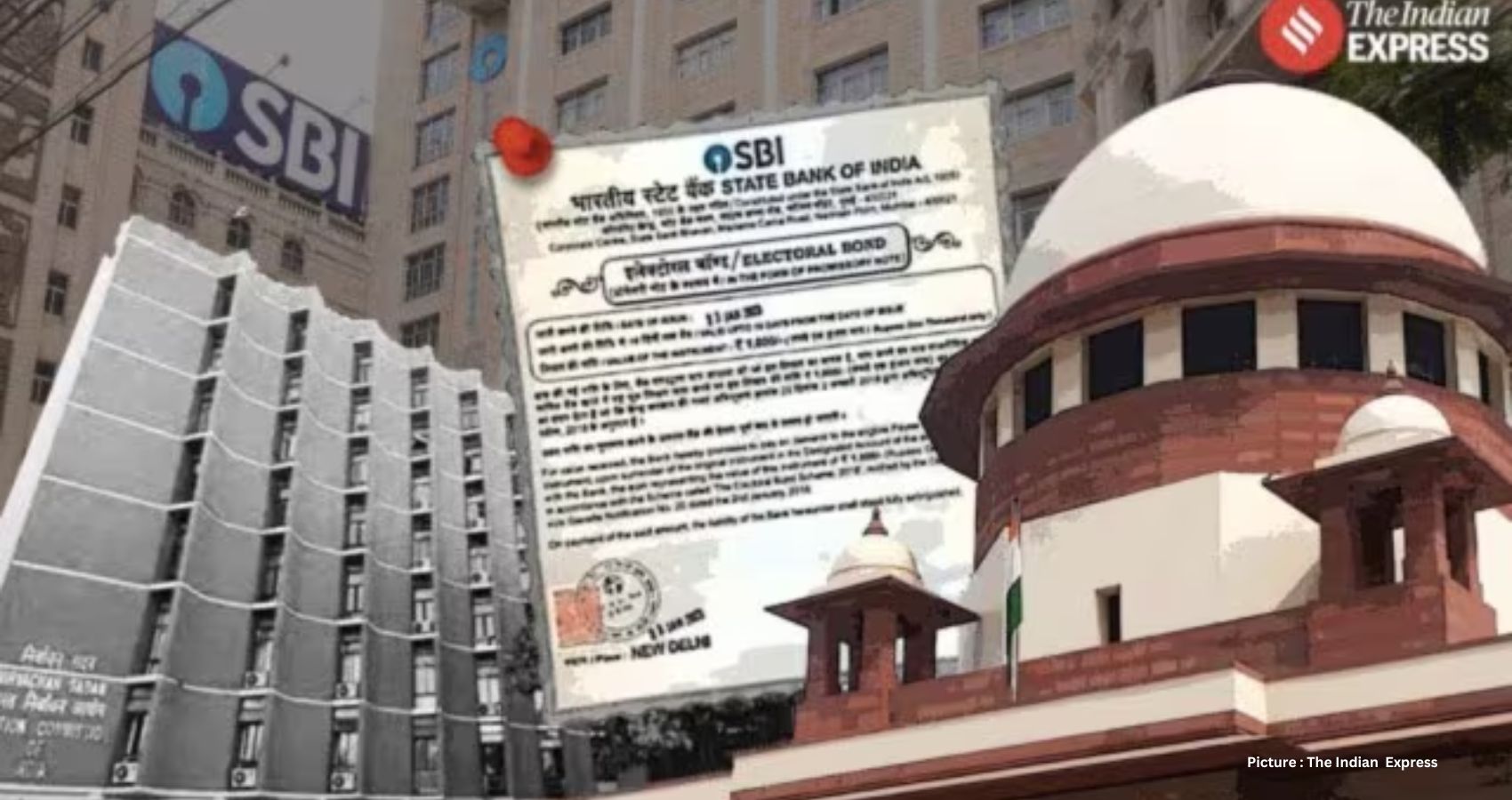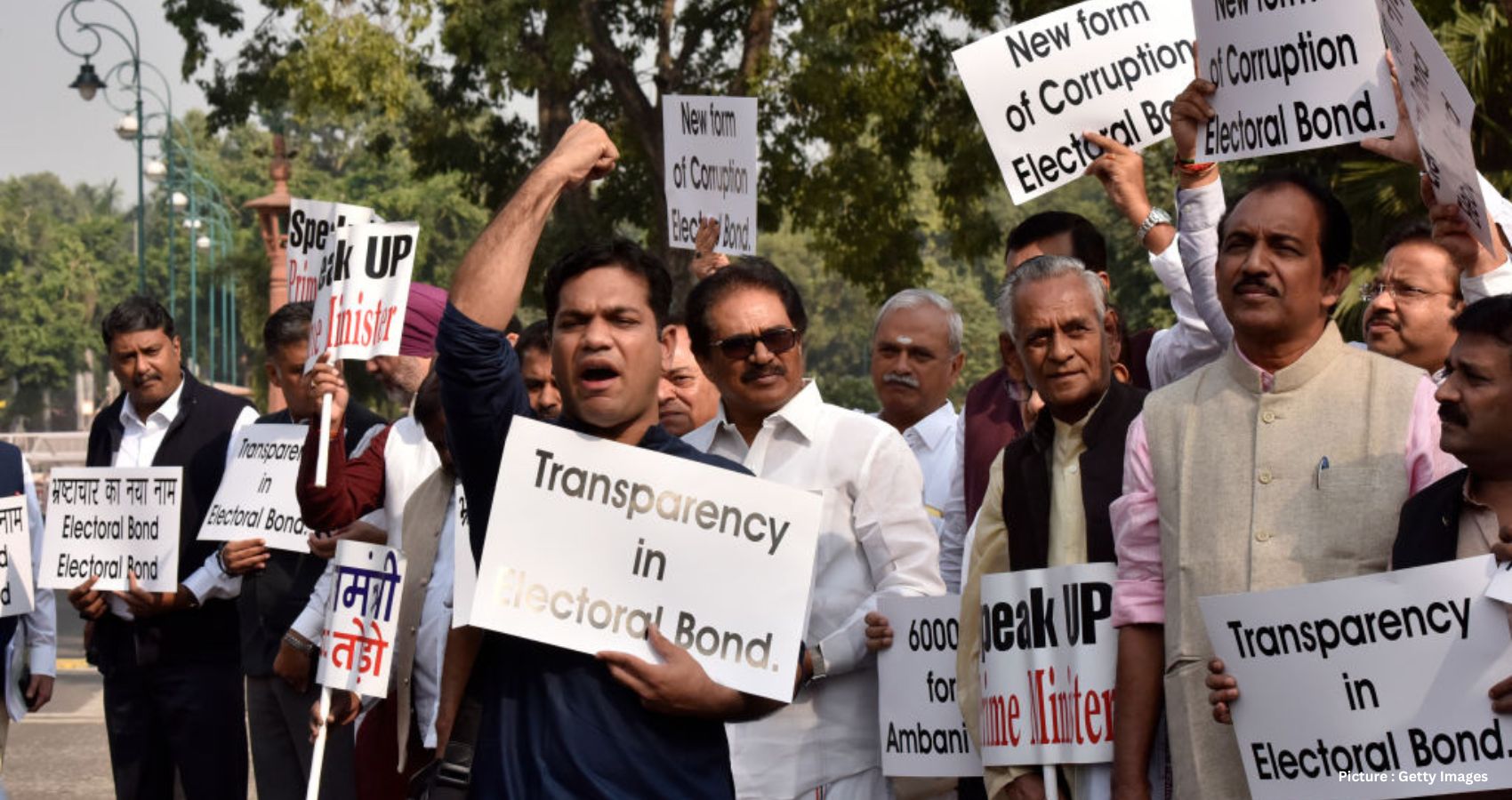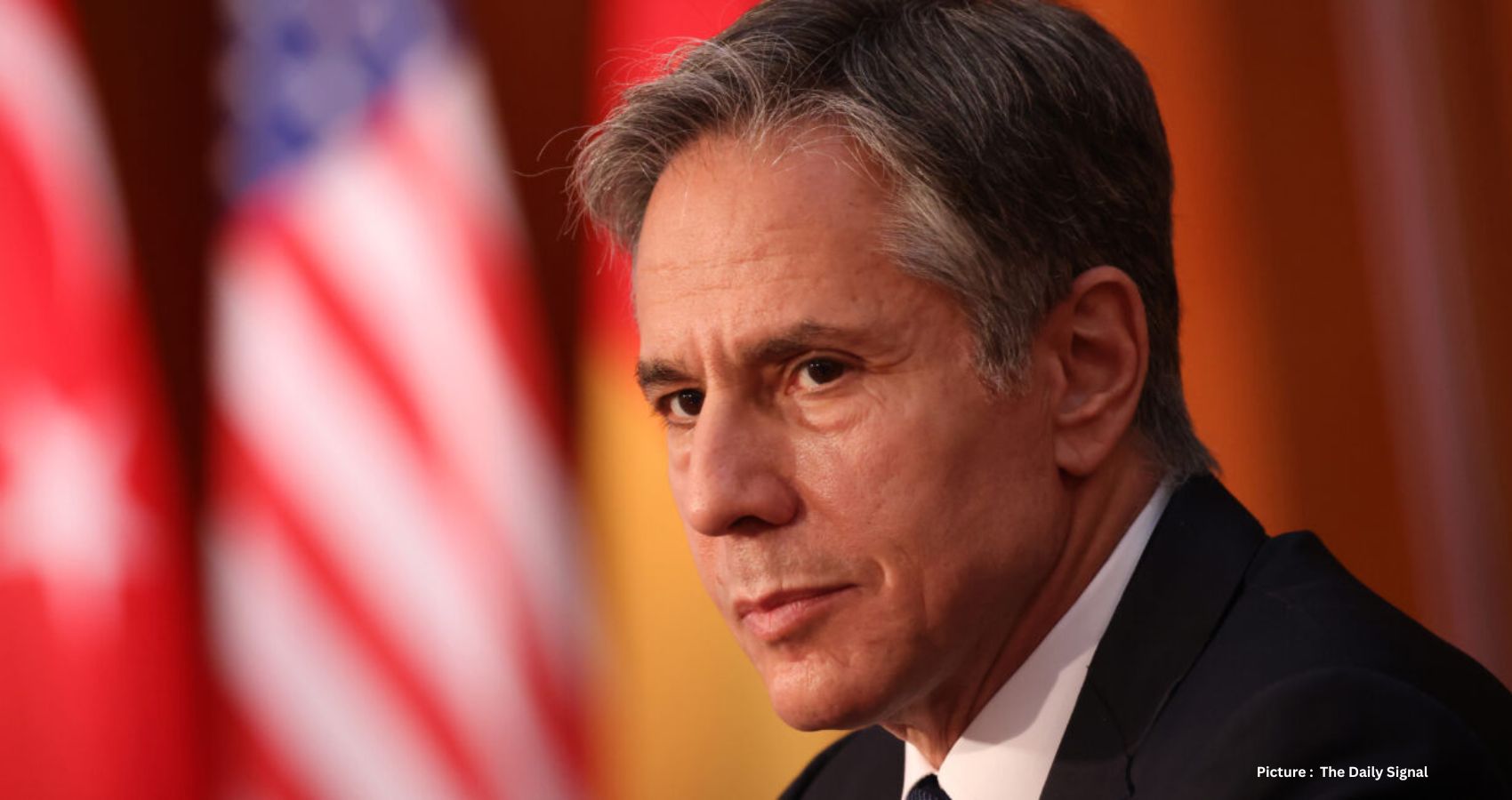The Supreme Court instructed the State Bank of India (SBI) on Monday to reveal all information regarding electoral bonds purchased or redeemed after its April 12, 2019 interim order. The court, led by Chief Justice of India D Y Chandrachud, emphasized the necessity for comprehensive disclosure, including the disclosure of unique alphanumeric codes, to facilitate matching donors with recipients. The Bench, also comprising Justices Sanjiv Khanna, B R Gavai, J B Pardiwala, and Manoj Misra, directed SBI to submit an affidavit on compliance by March 21.
The court expressed dissatisfaction with the bank’s selective disclosure practices, insisting that all pertinent details must be revealed without exception. It emphasized that disclosure encompasses the alphanumeric and serial numbers of bonds purchased and redeemed. However, the request to disclose codes of bonds transacted before the April 12, 2019 interim order was declined.
The Bench further instructed the SBI Chairman and Managing Director to affirm, by March 21, that the bank has disclosed all pertinent electoral bond details and has withheld no information. It referred to previous orders mandating the submission of purchase details, including dates, purchaser names, and bond denominations, alongside details of bonds encashed by political parties.
In light of the court’s decision to strike down the electoral bond scheme on February 15, 2024, it stressed the significance of complete disclosure by SBI, covering both purchases and contributions received by political parties.
The court also directed the Election Commission to promptly upload the information provided by SBI, reiterating the bank’s obligation to disclose all details without delay or selectivity.
During the hearing, Chief Justice Chandrachud expressed disappointment with SBI’s approach, emphasizing that the court’s directive encompassed the disclosure of all details, including bond numbers. He criticized the bank’s selective disclosure, urging it to comply fully with the court’s orders without waiting for further directives.
The Chief Justice questioned SBI’s reluctance to disclose certain details, asserting that the court’s orders were clear and inclusive. He emphasized that the bank’s compliance should be unequivocal, guided solely by its duty to adhere to the court’s directives.
Senior Advocate Harish Salve, representing SBI, assured the court of the bank’s willingness to provide all required information. He sought to clarify the bank’s interpretation of previous court orders and judgments, emphasizing the distinction between political parties’ obligations and the bank’s responsibilities.
Salve explained that the interim order of April 2019 pertained to political parties’ disclosure obligations, not the bank’s obligation to reveal bond numbers. He emphasized the bank’s commitment to transparency while acknowledging the perception that SBI was withholding information.
Responding to concerns raised by the court, Salve affirmed the bank’s readiness to disclose all information, including bond numbers, to dispel any doubts regarding its transparency and compliance.
The court reiterated its expectation of full disclosure from SBI, emphasizing the need for clarity and finality in the matter. It urged the bank to take proactive steps to address any perceptions of non-compliance and ensure complete transparency.
Despite arguments from Advocate Prashant Bhushan to extend the disclosure timeline, the court upheld the April 12, 2019 interim order as the cutoff date for disclosure. It emphasized the need to strike a balance and maintain consistency in its decisions.
The Supreme Court reaffirmed its directive for SBI to disclose all details pertaining to electoral bonds purchased or redeemed after April 12, 2019, underscoring the importance of transparency and compliance with its orders.




